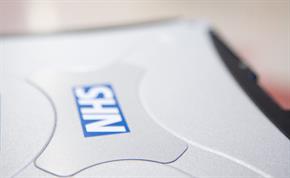Date:
20 April 2024
Page URL:
https://ntk.eastamb.nhs.uk/news/take-care-and-be-vigilant-after-increase-in-phishing-emails.htm?pr=
Take care and be vigilant after increase in ‘phishing’ emails

In the last few months, the IT team have noticed a high number of ‘phishing’ emails and asking staff to remain vigilant.
Phishing emails are sent by fraudsters who masquerade as someone trusted (such as your banks) to gain information from you. This can include bank details, a username or a password.
These kinds of emails can look like the real thing, an email you would typically expect to see.
If you respond to a phishing attempt or click on a link in the email, your accounts could be compromised and the fraudster could use it to send thousands more spam emails to other email users.
It’s important that if you are sent an email you’re unsure about, don’t open it.
Here are some simple measures to help you:
- You will never be asked for your password by a genuine company or organisation, so don’t reveal it to anyone verbally, via email or by entering it onto any other website than the official trusted sites.
- Never click on a link or open an attachment sent to you from an untrusted source - if you receive an email containing links or attachments you’re unsure of, delete it. Check the email address the message has come from; all internal emails will have the extension @eastamb.nhs.uk
- You can also prevent any further emails from that email address by adding the sender to your junk email list. Simply right click on the email and select ‘junk’ then ‘block sender’.
If you have any doubt about an email you have received, please contact the IT Service Desk.
Publishing 12th May, 2017
